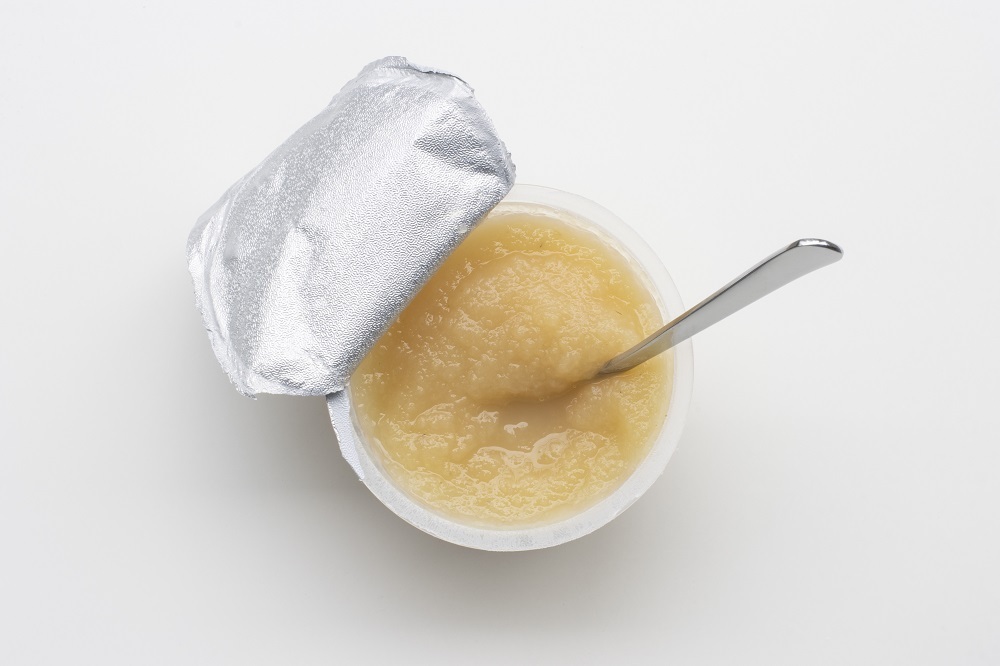In the wake of a significant recall of applesauce pouches, renewed attention has been drawn to the U.S. Food and Drug Administration’s (FDA’s) food contamination regulatory powers – or the lack thereof.
In late October 2023, the FDA issued a safety alert warning consumers not to purchase certain brands of applesauce pouches after an investigation first initiated in North Carolina found the products were contaminated with “extremely high concentrations of lead.” The manufacturer of these products subsequently issued a voluntary recall in November as the FDA and Centers for Disease Control (CDC) continued to receive reports of adverse events potentially linked to the applesauce pouches.
The lead contamination was traced to cinnamon, which was supplied by a company in Ecuador, and the FDA has since suggested that the lead may have been intentionally added. Because the FDA has limited authority over foreign ingredient suppliers who do not directly ship their product to the U.S., companies must place their trust in supply chain partners to source and supply contaminant-free ingredients. While traceability has improved, companies still face significant risk when working with new suppliers and should review their own quality control processes to ensure they are sufficient.
Regulatory gaps in the spotlight
As we’ve noted in previous blogs, regulators view products marketed towards children with stricter scrutiny, and in the past few years they have moved quickly to implement new rules to protect younger age groups. In the case of food contamination, the FDA currently has “limited tools to help reduce exposure to toxic elements in the food supply.” While the FDA has previously issued non-binding guidance on maximum limits of lead in products marketed for young children, the U.S. does not have a federal requirement to test for lead in food made domestically or imported into the country.
However, even before this most recent recall for lead contamination, the FDA was seeking to change its role in regulating food contamination. In its FY24 legislative proposals released in March 2023, the agency sought “to amend the Federal Food, Drug, and Cosmetic (FD&C) Act to grant FDA new authority to establish binding contamination limits in foods, including those consumed by infants and young children.” The FDA is also seeking to require companies “to conduct toxic element testing of final products marketed for consumption by infants and young children.” Several states already have similar requirements, including New York and California.
While no progress was made on these two legislative proposals in 2023, the increased media and consumer scrutiny following the applesauce pouch recalls may spur congressional activity. Consumers have become increasingly vocal about product safety in recent years and have helped drive through other regulations aimed at protecting young children.
Companies throughout the entire lifecycle of products marketed toward children should pay close attention to new developments in the FDA’s investigation into this food contamination. The FDA has made it clear that it would like increased oversight authority of food ingredients, and it is likely that companies will face new requirements within the next five years. Companies should act now to conduct a thorough audit of their supply chain and implement necessary changes to ensure quality control and assurance.
Trusted by the world’s leading brands, Sedgwick brand protection has managed more than 7,000 of the most time-critical and sensitive product recalls in 100+ countries and 50+ languages, over 25 years. To find out more about our product recall and remediation solutions, visit our website here.

